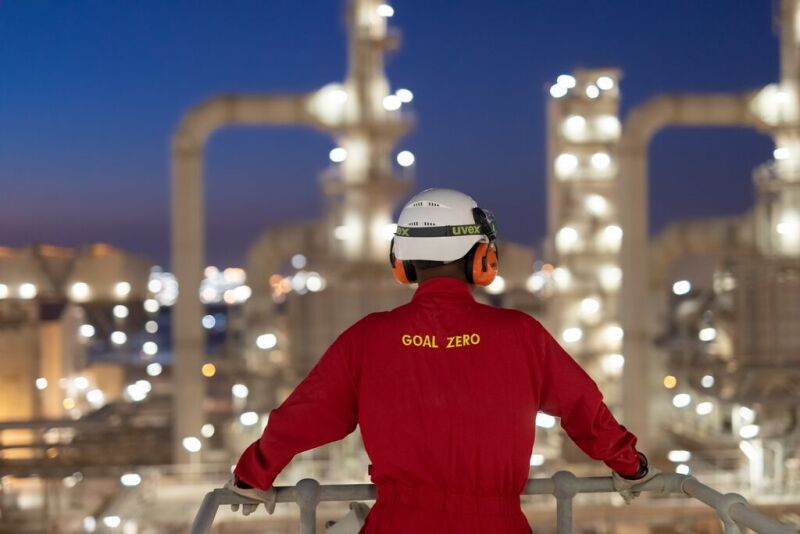Shell, through Shell Eastern Trading, has signed a 5-year contract to supply PetroChina with carbon-neutral liquefied natural gas (LNG) cargos, using carbon credits to offset emissions across the LNG value chain.
Shell will use offsets from its own portfolio of nature-based emission-reduction projects, the company said in announcing on 13 July that it had made its first delivery to PetroChina at the port of Dalian.
Shell’s first carbon-neutral LNG delivery to the Chinese mainland occurred a year ago under a contract signed on 22 June 2020 to deliver two cargos to CNOOC Gas & Power Group Co. Ltd. (CNOOC), a wholly owned subsidiary of China National Offshore Oil Corporation, according to Shell’s website.
Shell noted that CNOOC planned to auction both of its carbon-neutral LNG cargoes through the Shanghai Petroleum and Gas Exchange.
Other credits may come from Shell-supported reforestation projects developed with the Qinghai Forestry Bureau in Qinghai and Xinjiang provinces in China.
Located on the Qinghai-Tibetan Plateau, the Qinghai Afforestation Project covers three projects in Haidong City and Xining City which seek to grow 39,600 hectares of new forest and to further manage 2.1-million hectares to promote and conserve biodiversity.
Through the planting and preserving of forest, these are expected to remove and store over 1.865 million tons of carbon from the atmosphere.
Shell said credits from the project are independently verified under the Verified Carbon Standard and Climate, Community, and Biodiversity standard.
China and India have led the recovery in demand for LNG following the pandemic with China increasing its LNG imports by 11% in 2020, to 67 million tons, according to Shell’s latest LNG outlook.
The 2015 Paris Agreement on climate change aims to cap the rise in temperatures to as close as possible to 1.5°C above pre-industrial times, which scientists say will require transforming the world into a net-zero economy by 2050.


